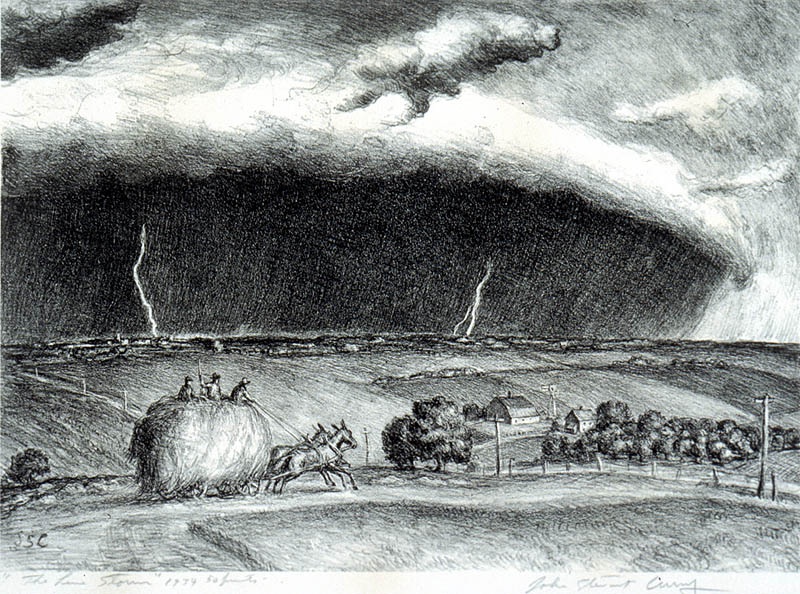Agroeco 702/CES 650
The Multifunctionality of Agriculture
(AKA The Sociology of Agriculture)

About the Course
What is agriculture? “The science, art, or practice of cultivating the soil, producing crops, and raising livestock and in varying degrees the preparation and marketing of the resulting products,” as the Merriam-Webster dictionary has it?
Sure, says the agroecologist, but it is also way, way more than that. Agriculture is something that people do. It is thus inherently a social process, with social purposes and consequences. But as well, it is a social process that is utterly dependent upon successful ecological relations.
In this course, we explore this “way, way more” of agriculture, developing a vision of it as a human and social activity for which we have many diverse expectations, and an activity that has to be understood with respect to it the constraints and opportunities of social and ecological context. We explore, too, the political and organizational challenges of this contextualized diversity for the cultivation of a more beneficent agriculture.
This course is one component of the two-course core sequence of the Agroecology Masters Program. The other component, Agroecology 701, places emphasis on the natural science side of agriculture’s contextualized diversity. Here we focus on its social dynamics.
The course will also emphasize the importance of publicly relevant scholarship in agroecology, and will include frequent class exercises and exemplars to develop student skills in agroecological communication.
For the Spring of 2016, the course meets Tuesdays and Thursdays, 2:30 to 3:45 in Moore Hall 462.
Download the course syllabus HERE.
The Students
This course is open to all interested graduate students, and is required for all students in the Agroecology Graduate Program. Although it is part of a two-course sequence, it can be taken independently. The course can also be taken by advanced undergraduates as a “meets with” CES/Soc 650, The Sociology of Agriculture.
The Instructor
Michael Bell, Department of Community and Environmental Sociology